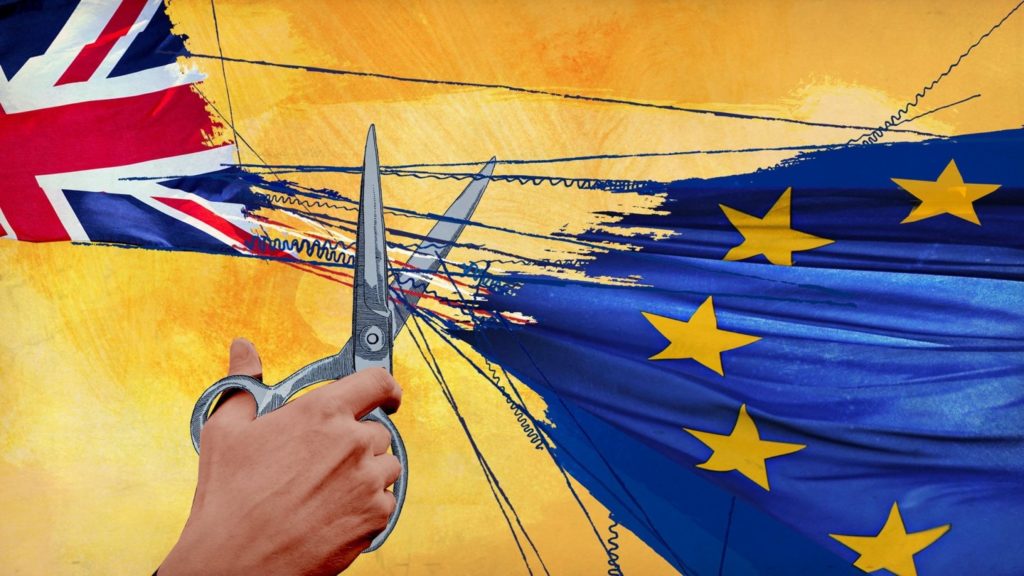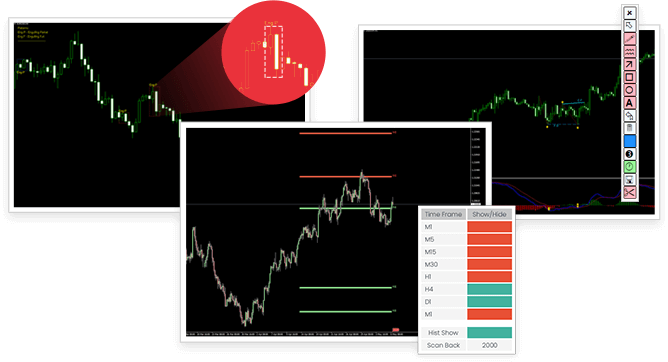Short for British Exit, Brexit refers to the United Kingdom’s decision to leave the European Union (EU) as declared in a June 23, 2016 referendum. Votes resulting from the Brexit buffeted global markets leading to a British pound (GBP) low that had not been seen in 30 years.
The day following the referendum, former Prime Minister David Cameron resigned from the office where he was replaced by Theresa May, who later resigned from office on June 7th, 2019. Active Prime Minister Boris Johnson was elected Prime Minister the following month, who was well-known as a headstrong Brexit supporter.
Campaigning to exit the EU by the disclosed October deadline “do or die”, Johnson stated that he would be prepared to depart the EU with or without a deal. A new divorce deal was agreed upon on October 17th following negotiations between the EU and the U.K.

While the United Kingdom was predicted to leave exit the EU by October 31st, 2019, the U.K. Parliament sought out a deadline extension that delayed voting on the new deal.
Following Boris Johnson’s reelection, Brexit occurred on January 31st, 2020 at 11 pm Greenwich Mean Time.
While the United Kingdom is in a transition period following its departure from the EU, the U.K. is negotiating its complete trade relationship with the EU, which is the United Kingdom’s largest trade partner. Terms of this trade agreement must be met by January 1st, 2021
Should terms of this trade agreement take longer than the projected resolution date of January 1st, 2021 then the U.K. must acquire an extension no later than June 1st, 2020. Failure to do so will result in the U.K. is subject to tariff and host rule changes exercised by the E.U. This situation is referred to as the “no-deal” Brexit and should this occur the consequences could result in a significant fallout of the U.K. economy.
















